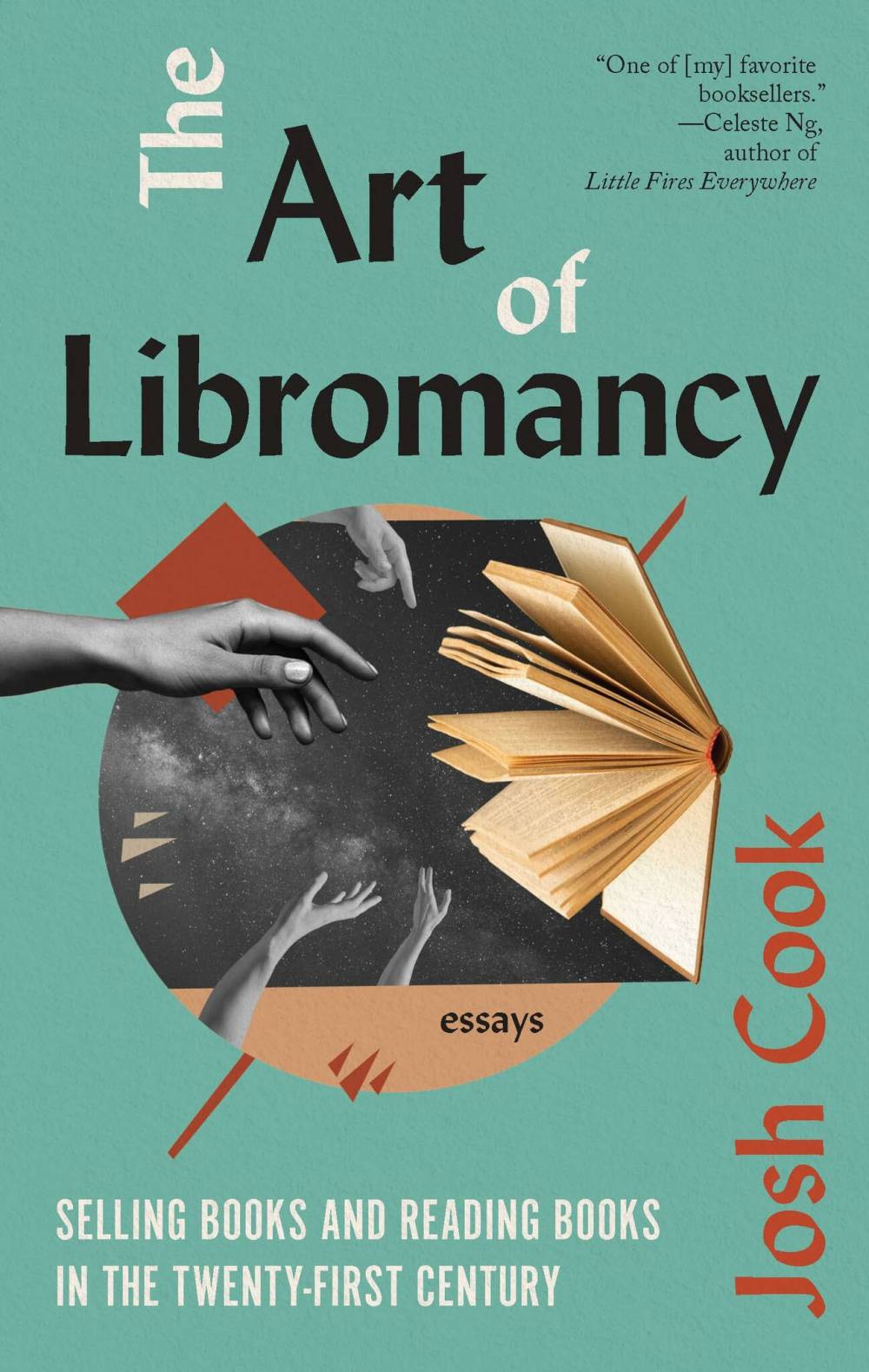Modern-day bookselling mulled in new tome
Advertisement
Read this article for free:
or
Already have an account? Log in here »
To continue reading, please subscribe:
Monthly Digital Subscription
$0 for the first 4 weeks*
- Enjoy unlimited reading on winnipegfreepress.com
- Read the E-Edition, our digital replica newspaper
- Access News Break, our award-winning app
- Play interactive puzzles
*No charge for 4 weeks then price increases to the regular rate of $19.95 plus GST every four weeks. Offer available to new and qualified returning subscribers only. Cancel any time.
Monthly Digital Subscription
$4.99/week*
- Enjoy unlimited reading on winnipegfreepress.com
- Read the E-Edition, our digital replica newspaper
- Access News Break, our award-winning app
- Play interactive puzzles
*Billed as $19.95 plus GST every four weeks. Cancel any time.
To continue reading, please subscribe:
Add Free Press access to your Brandon Sun subscription for only an additional
$1 for the first 4 weeks*
*Your next subscription payment will increase by $1.00 and you will be charged $16.99 plus GST for four weeks. After four weeks, your payment will increase to $23.99 plus GST every four weeks.
Read unlimited articles for free today:
or
Already have an account? Log in here »
Hey there, time traveller!
This article was published 02/09/2023 (860 days ago), so information in it may no longer be current.
One definition of libromancy is “book divination.”
Veteran bookseller Josh Cook is a master of the trade, where art meets commerce. He is one of 12 owners of Porter Books, a bookstore in Cambridge, Mass., and has written extensively on the topic.
His book The Art of Libromancy seems to be mainly aimed at prospective booksellers and those who see it as a continuing career, beyond simply ringing in sales at the cash register and offering such helpful advice as “It’s over there, if we have it.”

The Art of Libromancy
Cook covers all major topics in bookselling, from definitions to developing a community among the staff, from selling to building a community of customers who come to him for recommendations (no small feat).
To be fair to the subtitle, which includes the phrase “Reading Books,” there is a chapter titled How To Read Experimental Works Of Literature In Translation (And Other Works You Think Are Too Difficult For You), which is aimed at readers. There is also direct advice and admonitions sprinkled throughout to develop deeper critical concern about our reading and choices.
That’s because Canadians seem to prefer the idea of free speech in the abstract while Cook, an American, prefers to get up on his hind legs and debate.
This means that the choice of one book in the store instead of another is a political act.
He sets the tone early in the book, saying “I (and others) argue that the contemporary American right is inherently white supremacist and actively fascist and so, by publishing works from the American right, all the large publishers are aiding and abetting white supremacy by legitimizing it through publication and providing a revenue stream for white supremacists and fascists.”
What saves Cook from being simply a clockwork gasbag for the left is the careful case he builds for each argument — evidence (instead of resorting to louder volume) and a nuanced, balanced exposition that usually offers an alternative before the reader can formulate it. He writes as a fan of thesis, antithesis, synthesis — looking for solutions and not just point scoring.
Certain issues and terms appear repeatedly in The Art of Libromancy. These are Cook’s particular bêtes noires. They include Amazon, the Republican party, hyper-capitalism, race, gender and marginalization. These appear to be repetitive, but that is likely because some of these essays have appeared in other publications.
There is also a repeated tone of Chicken Little’s “the sky is falling” to some of his worries and warnings. Of course books and bookselling have always faced challenges — from Gutenberg’s printing press that led to religious attacks, to the debate on whether to carry Adolf Hitler’s book, Mein Kampf, to the attacks on Salman Rushdie because of his book, The Satanic Verses. That’s without mentioning the repeated prediction of the death of the book with the arrival of various e-readers, which are now a seeming footnote to the irreplaceable hard copy.
Fortunately Cook knows and respects the late Christopher Morley, who was a much-beloved tubthumper for books, bookselling and reading, and quotes from his novel, The Haunted Bookshop, which is as relevant today as it was when first published 100 years ago.
As Morley wrote, “Humanity is yearning now as it never did before for the truth, for beauty, for things that comfort and console and make life seem worthwhile. I feel this all around me, every day. We’ve been through a frightful ordeal and every decent spirit is asking itself what we can do to pick up the fragments and remould the world nearer to our heart’s desire.”
Ron Robinson was a founding partner of McNally Robinson Booksellers.


